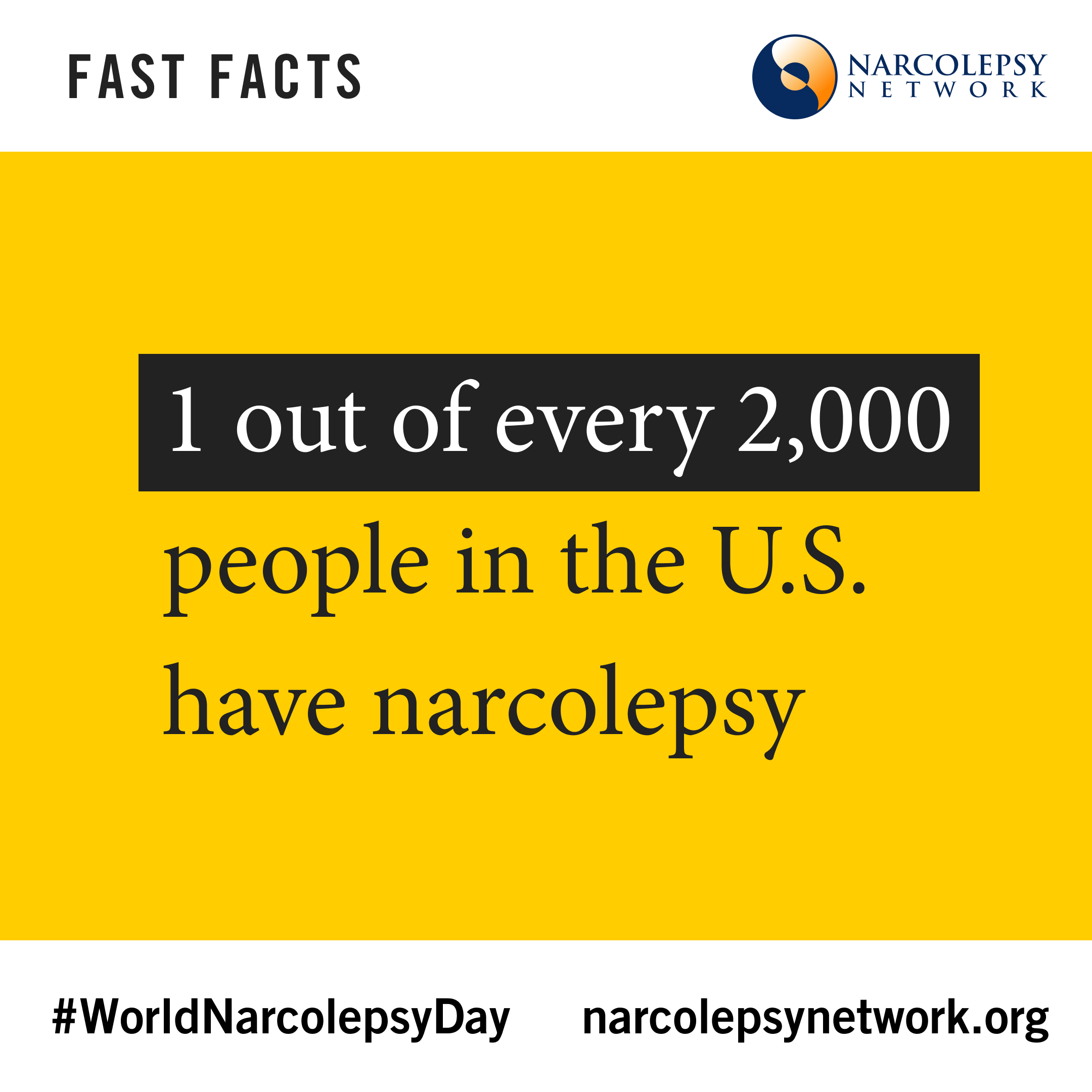8 Things to Know About Kids and Sleep
8 Things to Know About Kids and Sleep
Sleep plays a crucial role in the healthy growth and development of children. As parents and caregivers, understanding your child’s sleep needs can make a significant difference in their physical health, emotional well-being, and academic performance. Here are eight essential things to know about kids and sleep:
-
Sleep Needs Vary by Age
Children’s sleep requirements change as they grow. Newborns need 14-17 hours of sleep per day, while toddlers require 11-14 hours. School-aged children should get 9-12 hours, and teenagers need 8-10 hours. Ensuring your child gets the right amount of sleep helps support their developing brains and bodies.
-
Consistent Sleep Schedules Are Key
Establishing and maintaining a consistent bedtime and wake-up schedule—even on weekends—helps regulate your child’s internal clock. Consistency makes it easier for kids to fall asleep, stay asleep, and wake up refreshed.
-
A Bedtime Routine Promotes Better Sleep
Creating a calming bedtime routine, such as reading a book, taking a warm bath, or listening to soothing music, signals to your child’s brain that it’s time to wind down. Avoid stimulating activities like screen time at least an hour before bed.
-
Avoid Sleep Disruptors
Caffeine, sugar, and electronics can interfere with your child’s ability to fall and stay asleep. Limit caffeine (found in soda, tea, and chocolate) and avoid electronic devices before bedtime to reduce exposure to blue light, which suppresses melatonin production.
-
Sleep Affects Academic and Emotional Health
Adequate sleep is linked to better memory, attention, and problem-solving skills. Conversely, sleep deprivation can lead to mood swings, difficulty concentrating, and lower academic performance. Prioritizing sleep ensures your child has the energy and focus needed for school.
- Watch for Signs of Sleep Disorders Sleep problems are common in children but often go undiagnosed. Signs of sleep disorders, such as Obstructive Sleep Apnea, include loud snoring, gasping for air during sleep, frequent nighttime awakenings, or excessive daytime sleepiness. If you notice these symptoms, consult a sleep specialist.
-
Physical Activity Supports Healthy Sleep
Regular physical activity helps children fall asleep faster and sleep more deeply. Encourage your kids to play outside, participate in sports, or engage in other forms of exercise during the day. However, avoid vigorous activities close to bedtime.
-
Create a Sleep-Friendly Environment
Ensure your child’s bedroom is conducive to sleep. A cool, dark, and quiet environment is ideal. Blackout curtains, white noise machines, and comfortable bedding can help create the perfect sleep haven.
At Comprehensive Sleep Care Center, we understand how critical sleep is for your child’s overall well-being. If your child is struggling with sleep, our team of specialists is here to help. From diagnosing sleep disorders to providing personalized treatment plans, we’re committed to helping your family achieve healthier sleep.
Schedule a consultation today and take the first step toward better sleep for your child.

